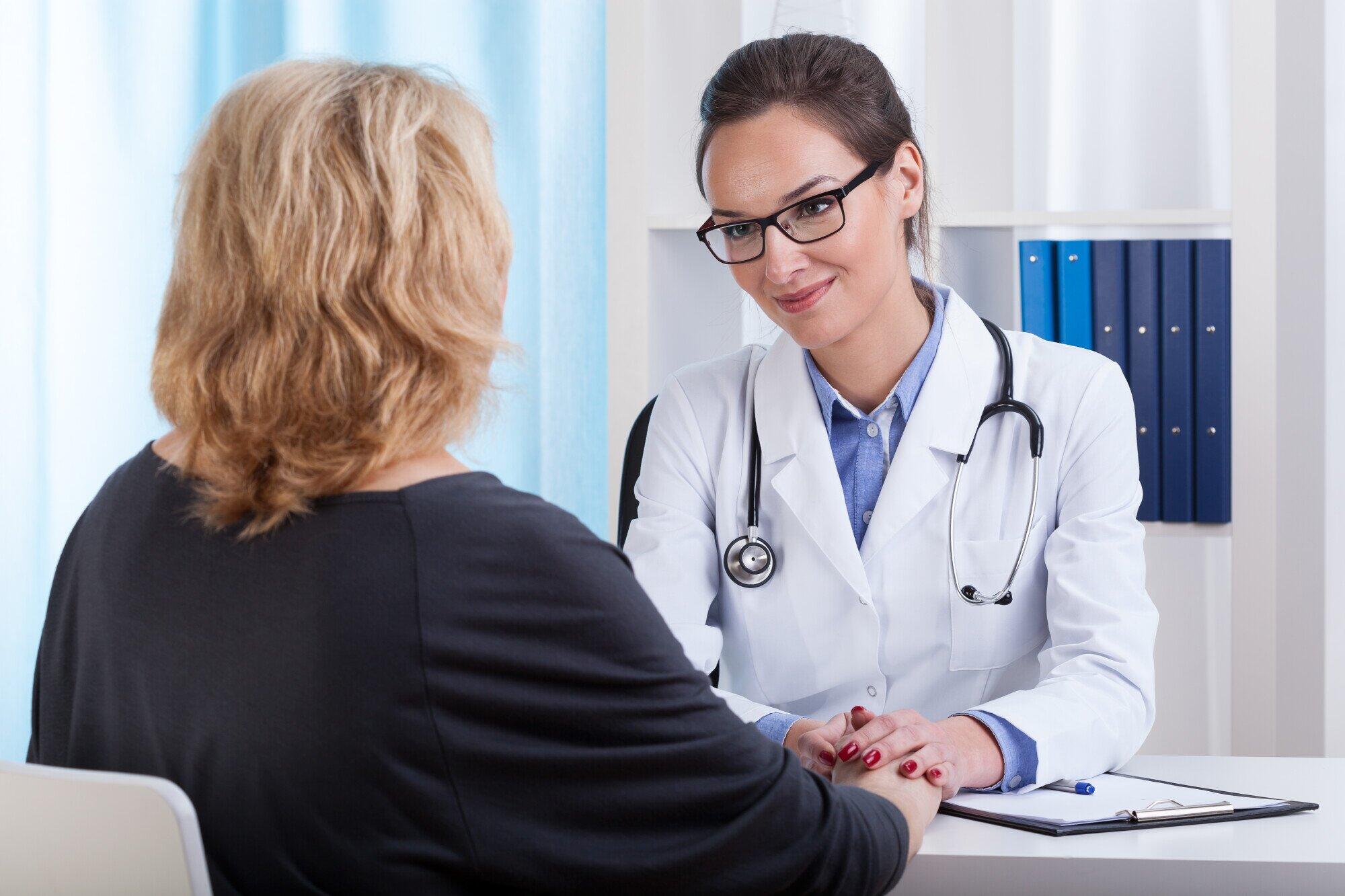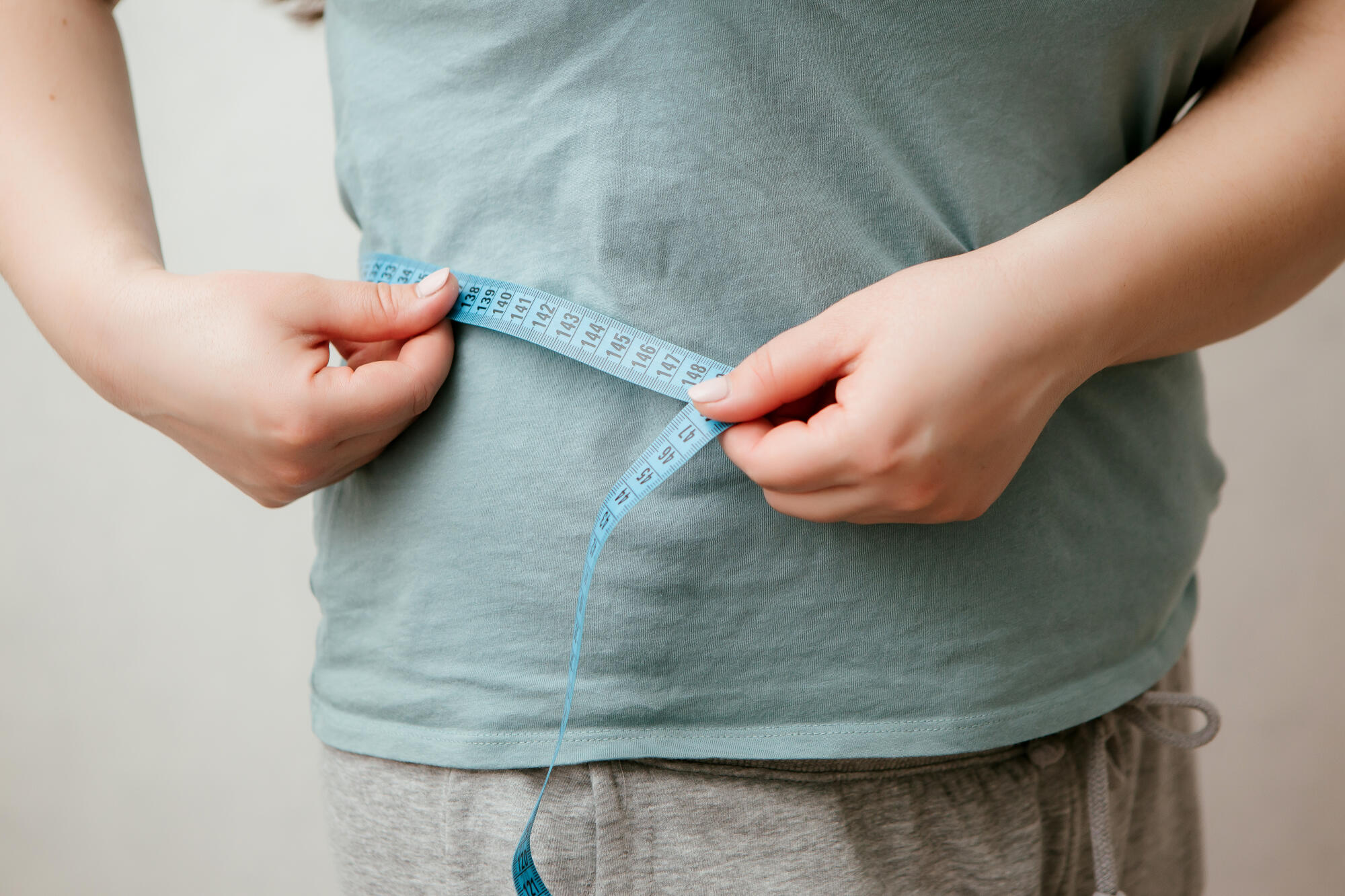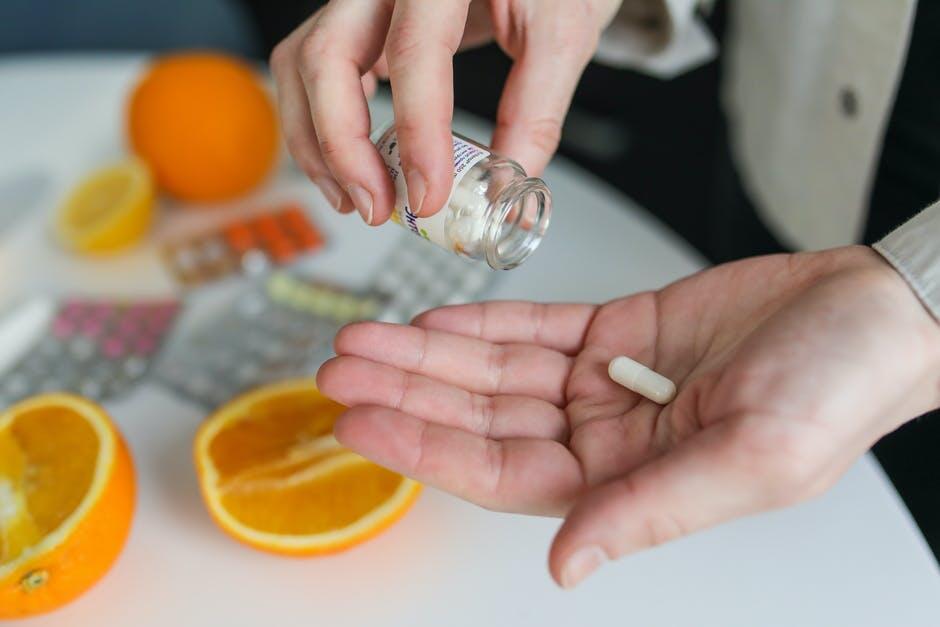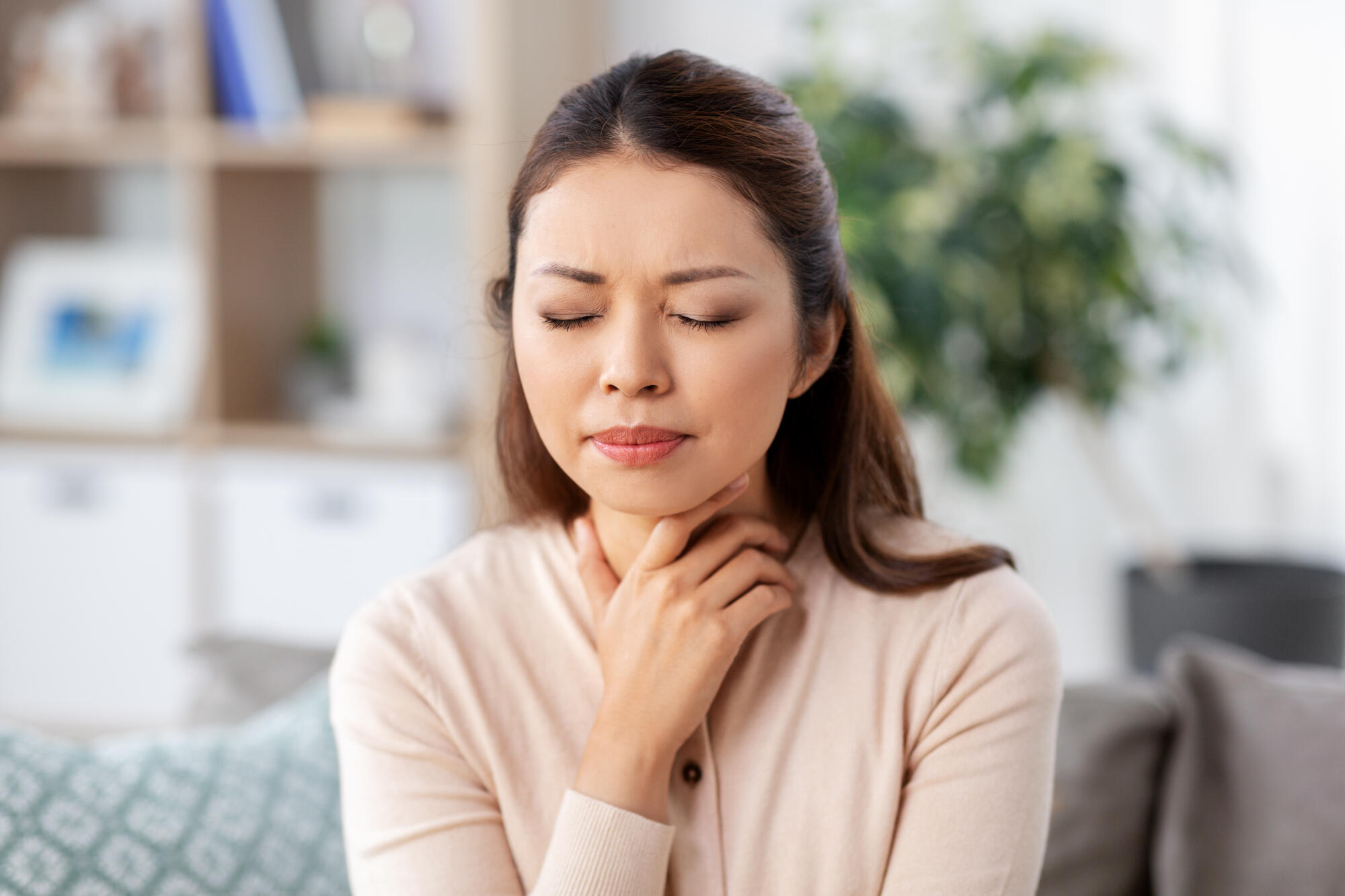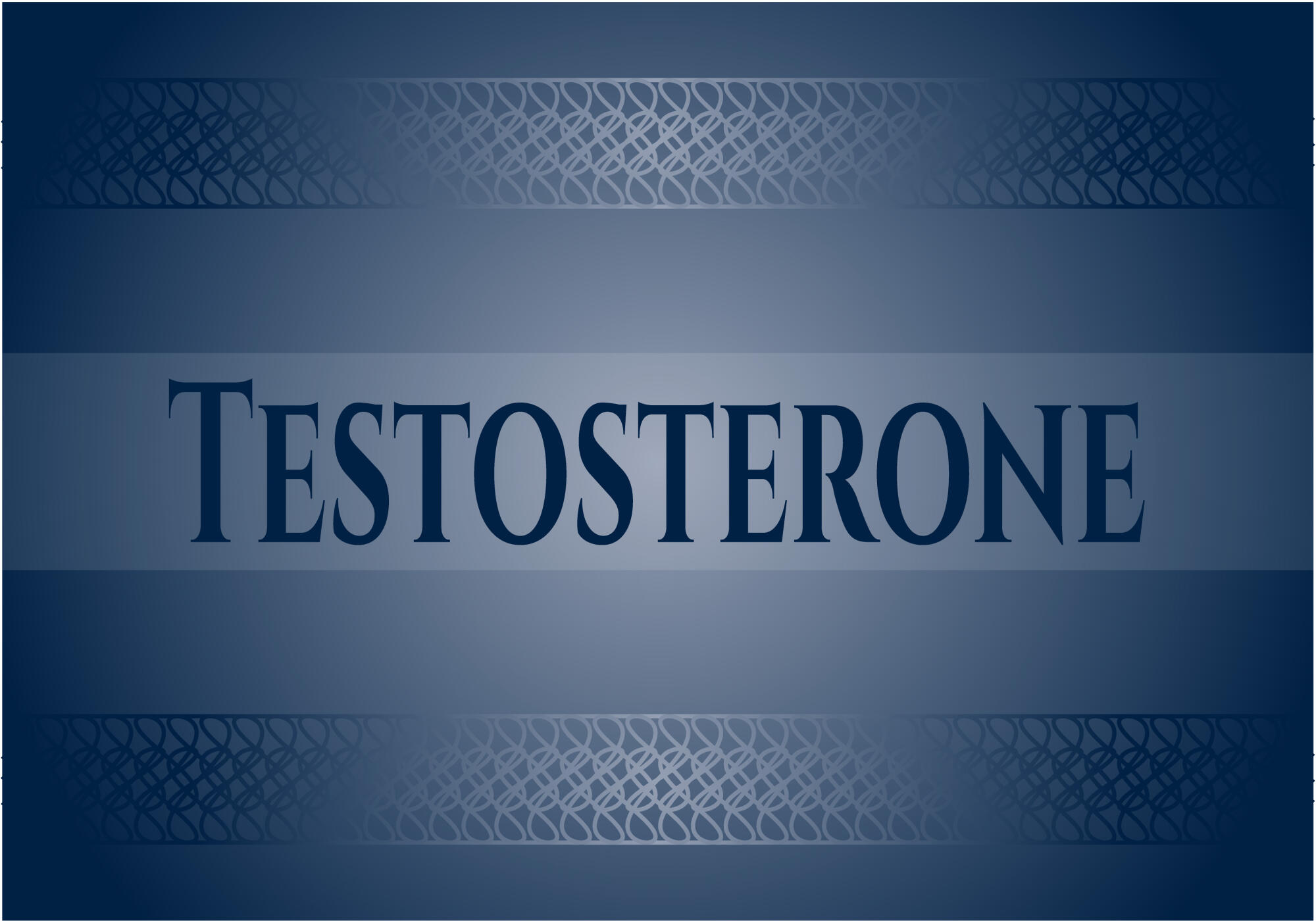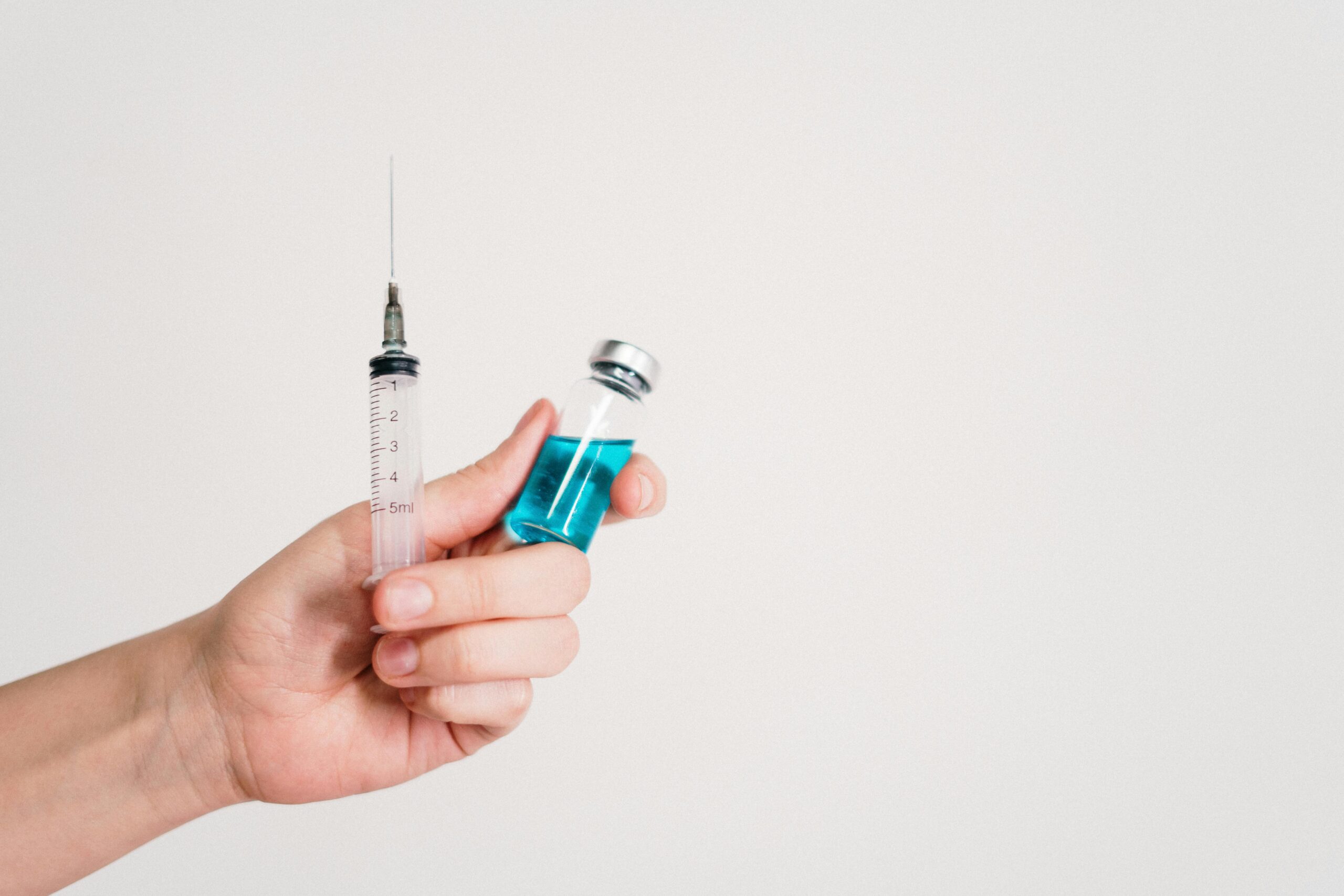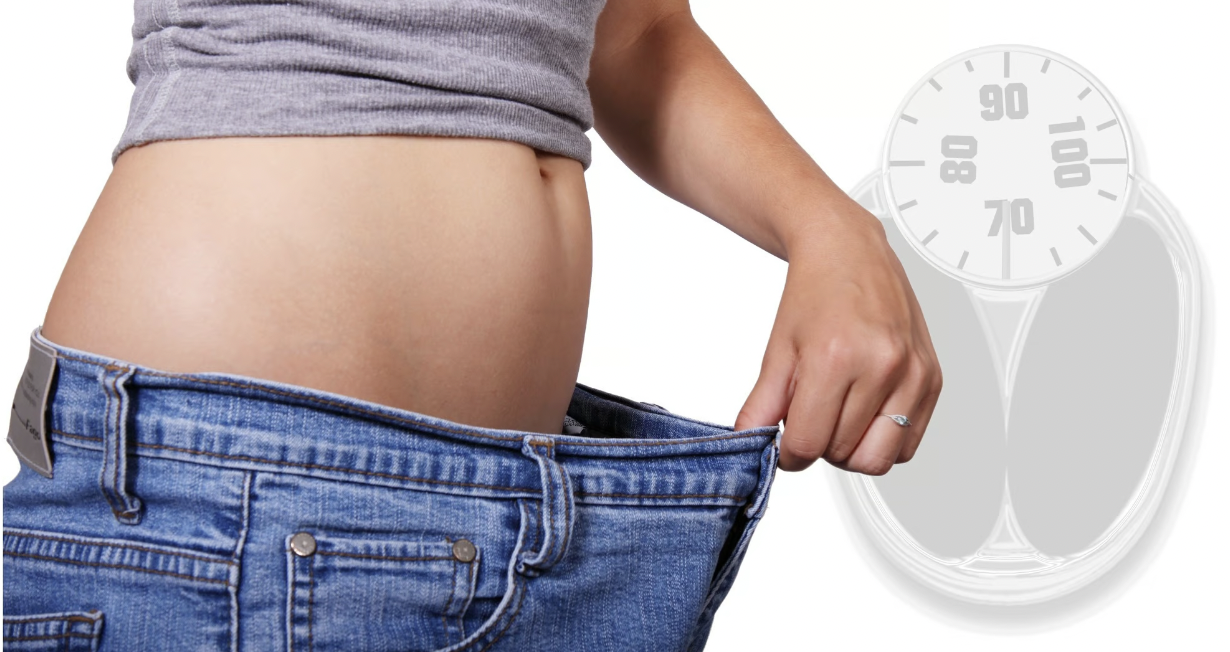Estrogen (also known as oestrogen) is a well-known sex hormone in women, but few know that it has an impact on much more than the reproductive organs. It’s also vital for men’s health and helps a number of processes in the bodies of both sexes.
It’s always important to listen to your body and seek medical help if something is wrong. Keep reading to be aware of the complications of changing estrogen levels and how to spot if yours are too high or low.
Overview
Most people know estrogen as one of the two main hormones responsible for female development, alongside progesterone. However, it is also present in male bodies (although in much smaller quantities) and essential for men’s health.
In women, estrogen is produced primarily in the ovaries (although a small amount is also found in the adrenal glands). The main function of estrogen in women is to aid the development of secondary sex characteristics during puberty, such as breasts, wide hips, and body hair.
The hormone also thickens the uterine lining each month in anticipation of pregnancy – if an egg is not fertilized the woman will menstruate, during which time her estrogen levels will drop significantly. During pregnancy, estrogen will be produced in larger quantities to stop ovulation and create changes in the breasts (such as preparing for lactation).
Both men and women require estrogen to maintain bone density, control cholesterol levels and regulate mood.
Cardioprotective Effects
The sex hormone estrogen has received increased attention for its ability to exert cardioprotective effects against atherosclerosis. It has become clear that this hormone also exerts a direct protective effect against ischemia/reperfusion injury on the myocardium. Read more from the Oxford Academic study titled “Unravelling the cardioprotective mechanism of action of estrogens.”
Low Estrogen in Women
Women can experience a drop in estrogen levels at any age. However, it is much more common during/after menopause. If low estrogen is present in a young woman, there may be a variety of causes including:
- Eating disorders – particularly anorexia and others that cause severe weight loss
- Excessive exercise
- Turner syndrome – a genetic disorder that affects women and girls
- Removal of the ovaries – such as a hysterectomy
- Thyroid conditions
- Receiving chemotherapy
Symptoms of Low Estrogen
The most common symptoms reported by women suffering from low estrogen levels include:
- Mood swings and low mood/depression
- Irregular or even absent periods (known medically as amenorrhea)
- Breast tenderness
- Headaches and trouble focusing
- Fatigue/exhaustion
Some of these symptoms can often go unnoticed or be mistaken for those associated with pre-menstrual syndrome (PMS). However, it is important to visit a doctor if you notice any of these symptoms as there may be severe long-term complications. These include potential infertility, osteoporosis, and an increased risk of heart disease.
Diagnosis and Treatment for Low Estrogen Levels
When you visit your doctor with your concerns, they may conduct a number of different assessments including:
- Checking for underlying causes such as thyroid problems
- Blood tests
- Assessing medical and family history
If you are confirmed to have low estrogen levels, your doctor may recommend bioidentical hormone replacement therapy (known as BHRT). In this process, bioidentical estradiol may be combined with progesterone and can be taken in a number of forms, including oral tablets, injections, and topical treatments.
BHRT is best suited for menopausal women, as well as women who have undergone a hysterectomy; however, it will not be suitable for everyone. This treatment is not suitable for women with a history of high blood pressure, heart attacks, or strokes and, in this case, your doctor may recommend natural remedies.
Some natural ways to increase your body’s estrogen levels include:
- Maintaining a healthy weight and a healthy amount of exercise – if you suffer from an eating disorder, you will also need psychological treatment
- Taking certain vitamins, particularly vitamin D and B.
- Some food are thought to boost estrogen production, although this is not scientifically proven – examples include soy, flaxseeds, and sesame seeds
However, you will need more urgent intervention if your low estrogen is chronic or severe.
High Estrogen in Men and Women
An increase in estrogen can affect both sexes. The causes and symptoms of this will differ depending on if the sufferer is male or female.
For women, high estrogen levels are usually caused by:
- HRT during menopause – sometimes this will have the opposite intended effect and cause an overabundance of estrogen. (This is why it is important to work with your doctor to monitor blood work when starting treatment.
- Taking hormonal contraceptives such as the pill
- Tumors on the ovaries
The following causes can be present in both men and women:
- Obesity
- Liver disease
- Taking certain antibiotics
Similarly, the symptoms of excessive estrogen levels will differ depending on the person’s sex.
Symptoms of High Estrogen in Women
These are often similar to the symptoms of low estrogen but do have some distinct differences.
- Weight gain
- Amenorrhea
- Low/loss of libido
- Hair loss
- Mood swings
Symptoms of High Estrogen in Men
Because men naturally produce less estrogen than women, the symptoms of high estrogen aren’t as easy to spot. However, the three main symptoms are:
- Low sperm count (leading to potential infertility)
- Erectile dysfunction
- Growth of breast tissue
Diagnosis and Treatment for High Estrogen Levels
The diagnosis for high estrogen levels will almost always consist of a blood test and, once your doctor has confirmed the diagnosis, they will offer treatment depending on your circumstances.
- If your low estrogen levels are caused by obesity doctors will recommend weight loss by following a healthy lifestyle
- For menopausal women on HRT, doctors will likely change your treatment plan to include lower estrogen levels
- If you have ovarian tumors, surgery will be the most effective option
Similar to those with low estrogen levels, there are some natural solutions if you have excess estrogen. These include:
- Get enough sleep and practice good sleep hygiene
- Exercise regularly
- Aim for a low-fat high-fiber diet, avoiding inflammatory things like caffeine and alcohol.
What are Estrogen Blockers?
As the name suggests, estrogen blockers are drugs that prevent the production and/or use of estrogen within the body. It is a potential option for those suffering from an imbalance, but it is also used for other reasons.
One of the most common uses for estrogen blockers is for breast cancer patients. According to Cancer Research UK, 7 out of 10 breast cancers will be “estrogen receptive”, meaning that the cancer is controlled by estrogen production. By using these blockers, the cancer cells will no longer receive signals to grow.
Male athletes often use estrogen blockers if they are also taking testosterone supplements. This is because estrogen levels will increase alongside testosterone levels, and male athletes wish to reduce the side effects of high estrogen levels such as fat gain.
Side Effects
Unless prescribed by a doctor, it is not recommended that you use estrogen blockers. Men need estrogen to maintain many aspects of their health and so blocking its production can be detrimental.
Additionally, there is no evidence to suggest that blockers will increase the effects of testosterone. In fact, there are several negative side effects such as hair loss, erectile dysfunction, and insomnia. Of course, there are situations in which taking estrogen blockers will be beneficial, but you must discuss this with your doctor.
Estrogen Levels Test and Getting Started with HRT
Male or female, if you are at all concerned with your estrogen levels, speak with your doctor. There are many treatments available that will reverse your symptoms and help you resume a normal healthy life.
Before starting hormone replacement therapy (HRT), it is highly recommended that you consult with a physician. Learning about the benefits and possible side effects will allow you to make an informed decision regarding the state of your health. Your physician may also recommend a hormone blood test to check your current estrogen levels. This test includes the panels needed for your physician to create an effective treatment plan, made just for your body.
Before starting an estrogen treatment, EVOLVE patients typically begin with either a Female Hormone Panel or Male Hormone Panel. This blood test provides the physician with accurate hormone levels, to help create the most effective hormone plan for you.
If you’re at all concerned with your estrogen levels, contact your doctor or a qualified telemedicine provider like EVOLVE. Our team of hormone therapy experts will help you get started with a safe, effective, and affordable hormone treatment plan. Contact Patient Care @EVOLVE to schedule your consultation!


